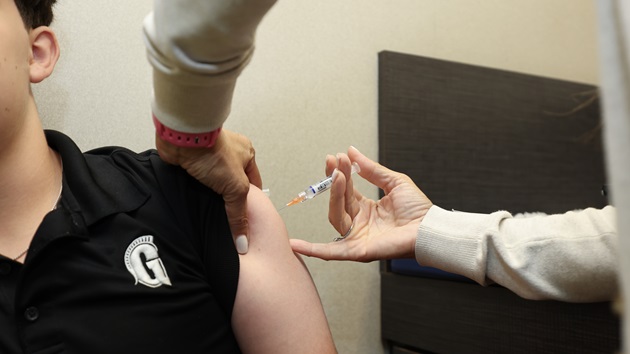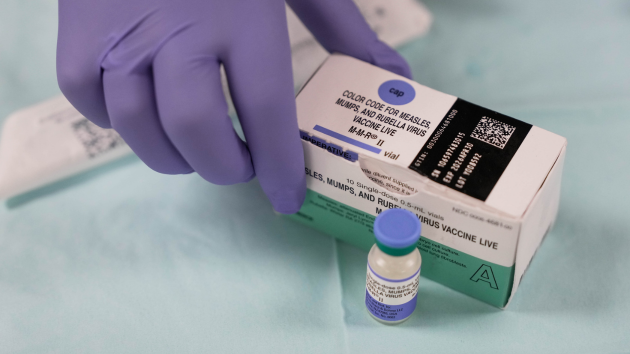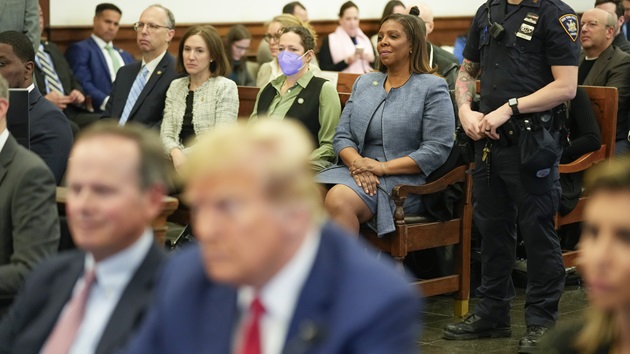CDC hepatitis B vaccine vote delayed: What parents should know about possible changes
Written by ABC Audio ALL RIGHTS RESERVED on September 19, 2025

(NEW YORK) — The Centers for Disease Control and Prevention’s vaccine advisory committee on Friday indefinitely postponed its planned vote on whether to stop recommending the hepatitis B vaccine for newborns.
The Advisory Committee on Immunization Practices, called ACIP, is expected to vote on the COVID-19 vaccine is still expected later Friday. It’s not clear exactly what the advisors will vote on, but the discussion may include the FDA’s recent narrowing of COVID-19 vaccine approvals to a smaller group of Americans — those over 65 or with underlying medical conditions.
On Thursday, the group voted to narrow existing recommendations for the combined MMRV shot that protects against measles, mumps, rubella and chickenpox.
A “yes” vote on the hepatitis B vaccine would have recommended that the first dose be delayed from birth and given at one month of life for babies born to moms who test negative in pregnancy.
Robert Malone, a panel member and vaccine critic, proposed tabling the vote out of concern that there had not been enough discussion about the safety of the hepatitis B vaccines.
Cody Meissner, a fellow panel member, argued that trying to “prove the absence of harm” is “simply not a practical objective.”
Presentations on Thursday by the CDC included data about the chances of side effects from the vaccine. For hepatitis B, the advisors are considering removing a universal recommendation for a shot in the hours after a baby is born, and instead only giving the shot if the mother tests positive for the infection during her pregnancy.
The birth dose of the hepatitis B vaccine for all babies ensures that all have the opportunity to get protected from a highly contagious virus that can cause lifelong chronic disease. A CDC recommendation isn’t a mandate but can eliminate barriers — like cost — for families so they don’t need to factor that into their choice for a shot or not.
Pediatrician medical groups argue delaying this birth dose until one month of life would leave the opportunity for babies to be missed if they are born to a mother infected with the virus or from a close contact soon after birth. It also may be difficult to guess who is at risk and should be tested — half of people living with Hepatitis B don’t know they are infected, according to the CDC.
When the U.S. had a risk-based approach to vaccination before 1991, it was estimated that 200,000 to 300,000 new hepatitis B infections occurred annually in the U.S. from 1980 to 1991 and over 1 million people were living with chronic hepatitis B infection, according to the CDC.
Since then, the virus has been virtually eliminated among babies in the US.
However, hepatitis B is still a huge problem among adults in the U.S. It’s estimated that up to 2.4 million people in the country are living with chronic hepatitis B, with many being asymptomatic and unaware of their diagnosis, according to the CDC.
Copyright © 2025, ABC Audio. All rights reserved.





